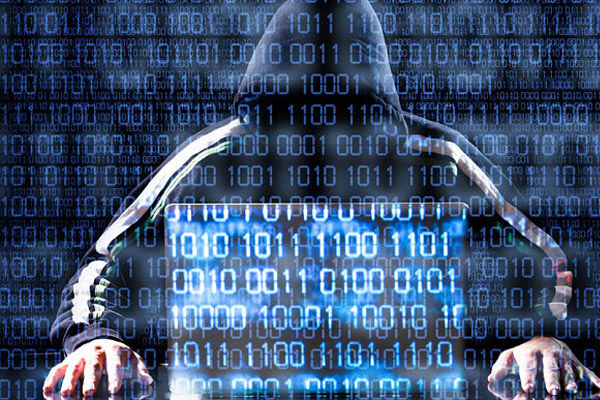It has been claimed that German military computers suffered almost 300,000 cyberattacks in the first two months of 2017, following the launch of the country's dedicated cybersecurity protection unit which may be used to carry out offensive actions against enemy states.
Axar.az reports that Ludwig Leinhos, chief of the new division, said in future wars would be won and lost online.
"From hacker attacks to state attacks, we must be prepared for everything. In the first nine weeks of this year alone, Bundeswehr computers were attacked more than 284,000 times," Leinhos told local media.
He did not specify what sort of cyberattacks had hit the sensitive networks, although a Bundeswehr spokesperson subsequently said no classified material had been compromised in the alleged attacks.
His comments follow the hijacking of high-profile Dutch and German Twitter accounts, where hackers expressed their support for the Turkish government with pictures of the swastika and hashtags that read #NaziGermany and #NaziHolland, as well as videos with Turkish President Recep Tayyip Erdogan's speeches.
Based in Bonn, western Germany, Leinhos' team will initially be comprised of around 250 personnel, with numbers expected to grow to as much as 13,500 by mid-2017, as other branches of the military, including the strategic reconnaissance command, become involved. Moreover, the division could be weaponized to carry out offensive cyber operations.
Any full-scale cyberattacks abroad would need parliamentary approval, while security of national and government IT systems remains the responsibility of the German Interior Ministry, which oversees the security agencies in charge of counterespionage.
"The expansion of cyber capabilities is an essential contribution to the government's overall security posture," a military spokesperson said in a statement.
In a 2016 attack, hackers launched a phishing scheme targeting political parties in Germany, using emails designed to resemble official NATO addresses. In March 2017, Germany's Federal Information Security Office said the lower house of parliament had repelled a serious cyberattack on computers belonging to all factions, and 10 individual lawmakers.
Chancellor Angela Merkel has said dealing with cyberattacks has become a "daily task" for authorities, and warned they may be used to influence the upcoming election in September.



.jpg)
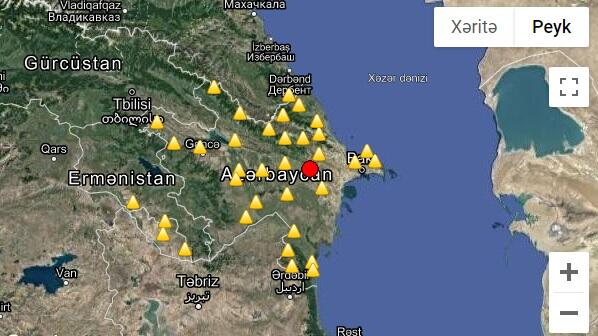



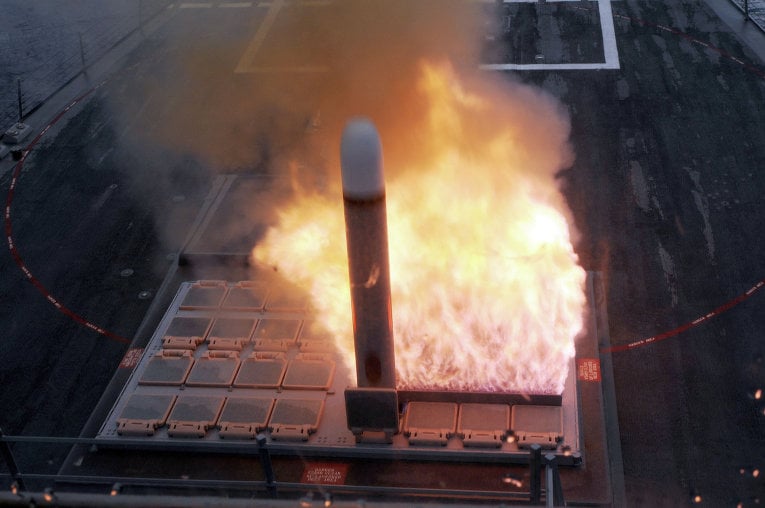




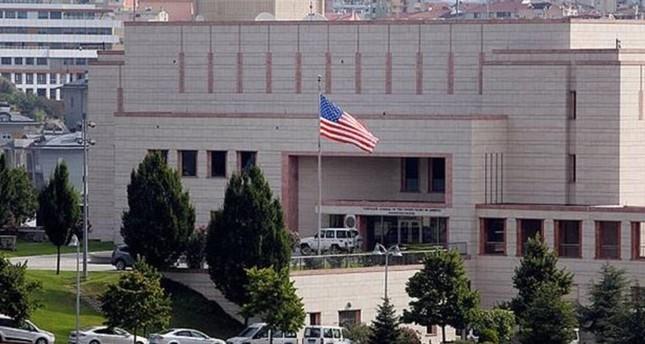


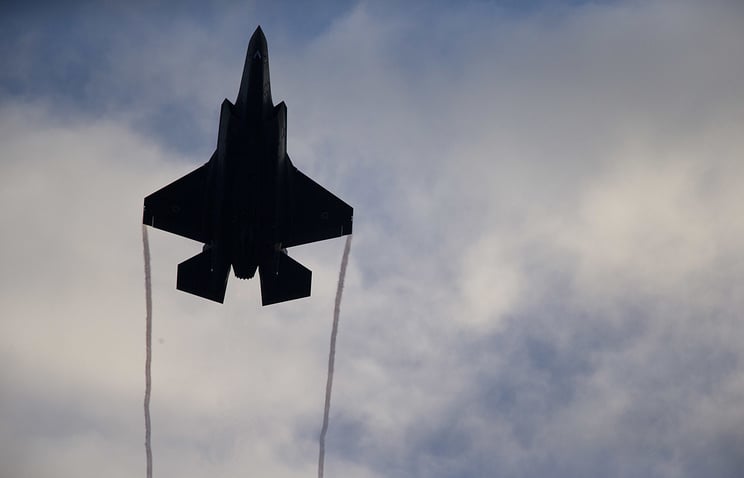


.jpg)






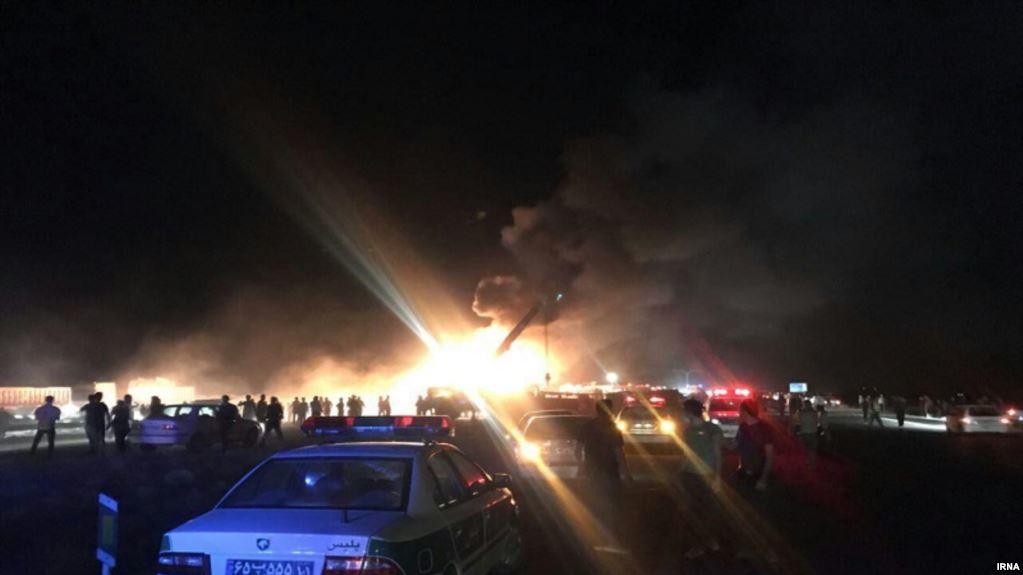










.jpg)
